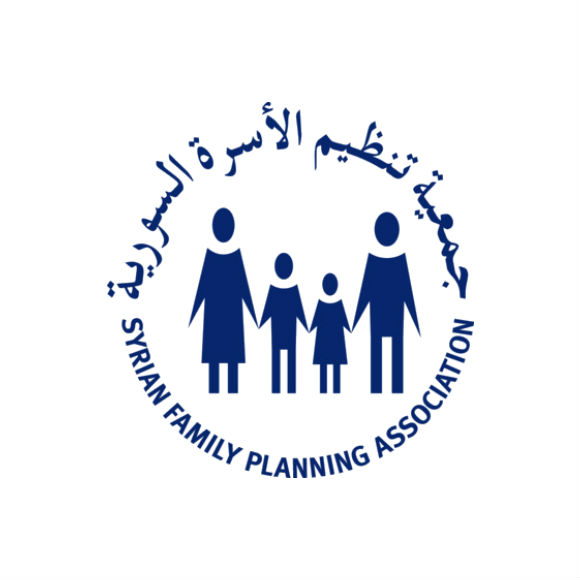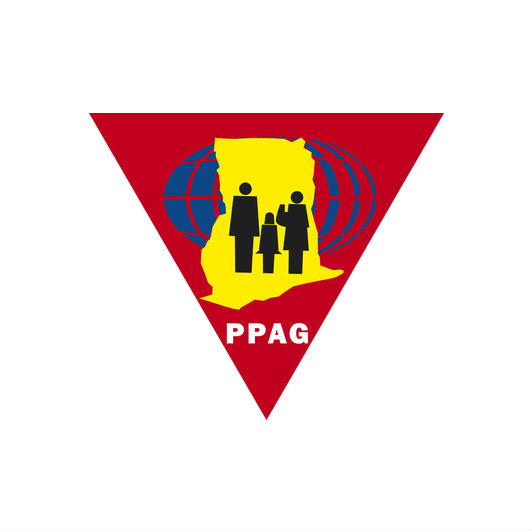

| 31 March 2016
Syrian Family Planning Association
The Syrian Family Planning Association was created at 1974. SFPA's strategic framework for the period 2016-2022 includes: Our vision: Syrian society enjoys sexual and reproductive health and rights based on free choices without any discrimination. Our mission: To lead a locally owned, globally connected civil society movement that provides and enables services and champions sexual and reproductive health and rights for all especially undeserved. Our values: Social inclusion, commitment, diversity, respect, passion, volunteerism, accountability. To achieve the mission and vision the Syrian Family Planning strategic framework have the number of 4 outcomes each one includes 2 priority objectives as following: Outcome 1: The government respects, protects and activates sexual and reproductive rights and equal gender opportunities. Gaining support of decision-makers, opinion leaders and parliamentarians obligation to carry out the necessary amendments in legislation, policies and practices. Empowerment of youth and women's leaders and their engagement as advocates for change. Outcome 2: 2,300,000 people have free choices regarding their sexual and reproductive health and rights and protected from gender based violence. Enable young people to access comprehensive sexual education. Raising community awareness through engagement of champions, opinion formers and the media to promote health, choice and rights. Outcome 3: 24.5 million quality integrated sexual and reproductive health services delivered, particularly in humanitarian cases. Deliver integrated package of sexual and reproductive health services, especially in humanitarian cases. Enable sexual and reproductive health services among partners, particularly in humanitarian cases. Outcome 4: A high performing, united, committed and accountable association. Enhance operational effectiveness and double income at the national level. Enhance our volunteer and activist supporter base. SFPA branches distributed all over Syria in 13 governorates (Syria have 14 governorate, AlRaqa still out of the government control). SFPA is running several projects related sexual reproductive health, focusing on maternal and child health, during the crisis SFPA expand its services delivery points and do integration for gender base violence counselling services in all its health services using psychosocial support, and case manager. The SFPA Services delivery points at the 13th governorates are as following: 43 paediatric static clinics. 29 mobile team paediatricians. 14 mobile teams for malnutrition screening. 38 RH static clinics. 25 medical RH mobile teams. 1 obstetric and delivery hospital. 1 mammogram. 18 women and girls safe spaces /WGSS/. 24 PSS mobile teams supporting WGSS. 12 youth centers. The framework of SFPA activities focus on the following fields: SRH, Sexual reproductive health. GBV, gender base violence. Child health. Malnutrition prevention for pregnant woman and children under 5. Number of SFPA volunteers around 650, number of SFPA employees around 980.

| 31 March 2016
Planned Parenthood Association of Ghana
Ghana is a country which has deep-rooted cultural norms, and structural barriers that perpetuate poor sexual and reproductive health. These include high risks of maternal mortality, high numbers of sexually transmitted infections, including HIV, and low levels of contraceptive use. The Planned Parenthood Association of Ghana (PPAG) was set up in 1967 to provide family planning services to the people of Ghana. Over the years, its work has expanded to cover a whole range of sexual and reproductive health (SRH) services. Today, in addition to basic family planning support, PPAG provides maternal and child health care, infertility management, and voluntary counselling and testing (VCT) for sexually transmitted infections (STIs) including HIV. It also provides other SRH services (for example, programmes for the management of erectile dysfunction). PPAG’s operation depends on a team of 103 staff, over 1,000 volunteers, 300 peer educators, 551 community-based distributors (CBDs) and a Youth Action Movement membership of 810 young people. PPAG's delivers services and programmes through 1,356 service points, including 11 permanent clinics, 54 mobile clinics and over 1,000 community-based service points (CBSs). PPAG works with a huge roster of partners, right across government in health, education, HIV and AIDS, youth, and population planning departments. Its civil society networks include over 15 non-governmental organizations. It receives financial support from the Japanese International Cooperation Agency, the Japanese Organization for International Cooperation in Family Planning, UNFPA, the Programme For Appropriate Technology in Health (PATH), the African Youth Alliance (AYA), the Big Lottery Fund (BLF) of UK, DANIDA, the French Embassy, the UK’s Department for International Development (DfID), UNICEF and GTZ.







